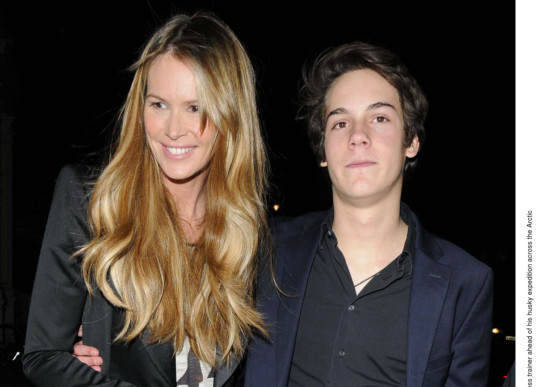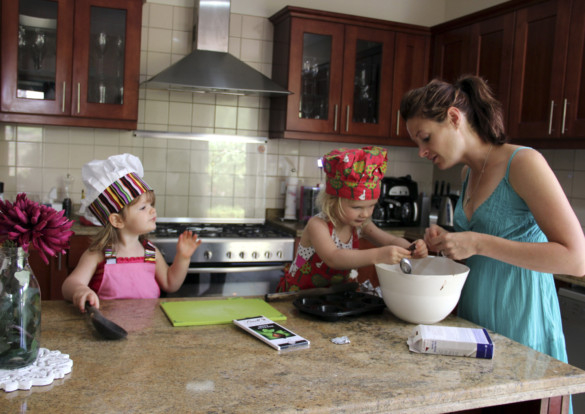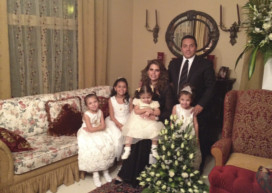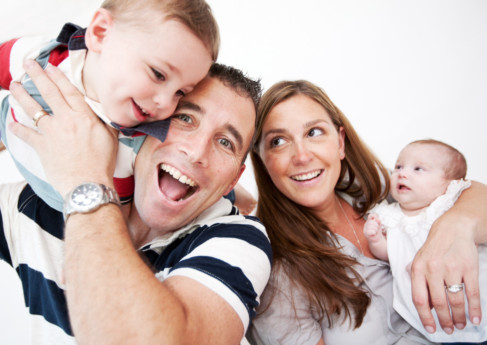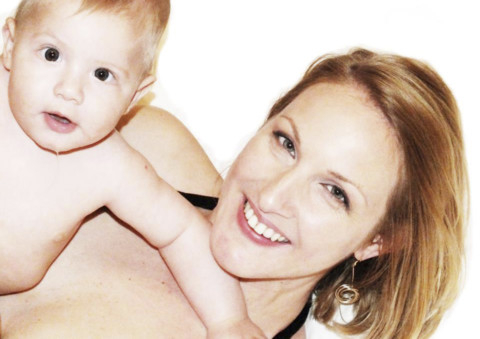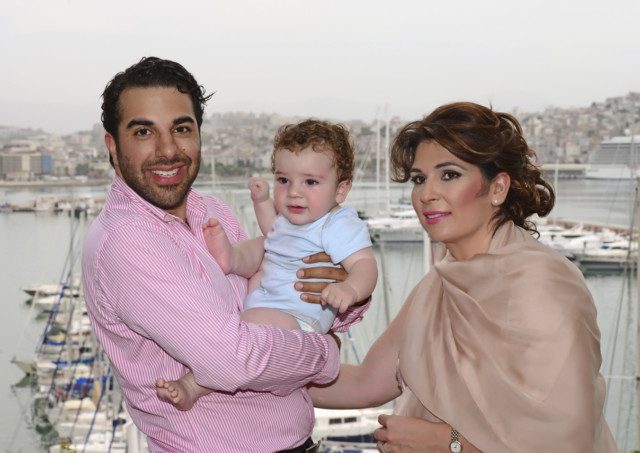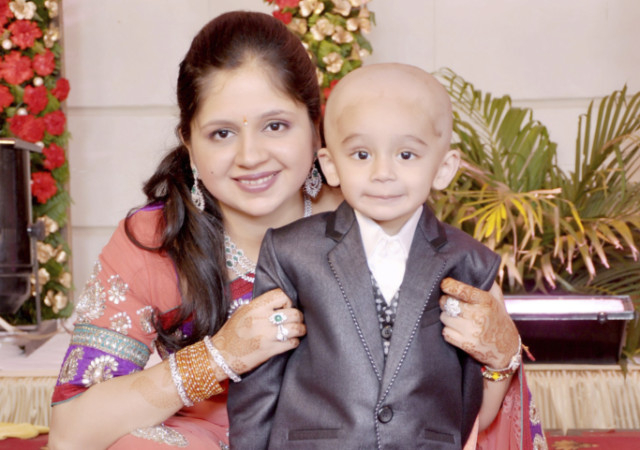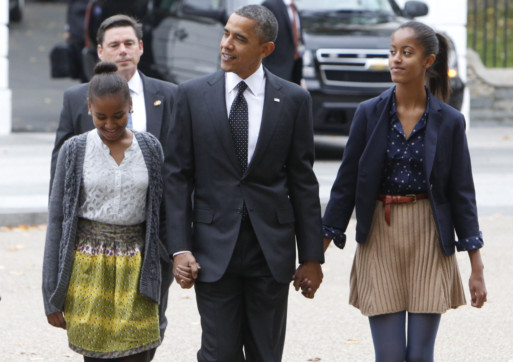
Alicia Silverstone believes in pre-chewing her baby’s food and feeding it to him mouth to mouth. Angelina Jolie, Brad Pitt and Salma Hayek can’t bear to be parted from their little ones and advocate habits such as co-sleeping and breast feeding anytime and anywhere, thus promoting attachment parenting.
“There is a wealth of information on what to expect when you are expecting — but nothing to guide you through years of parenting,” says Carmen Benton, parenting educator at personal development training centre, LifeWorks Dubai. To compensate for this dearth of advice, experts bring out books and the media coin convenient labels: attachment parenting, helicopter parenting, permissive parenting, tiger mums, dolphin dads, and free- range kids.
GN Focus gets Dubai mums and dads to talk about their distinctly different parenting styles.
Authoritative parenting
British national, Rosey Cunningham, is 32 years old and focused on bringing up her one-year-old son Louis as a happy, confident and empowered individual. “I feel too many rules can be restrictive, and in most cases, the child will almost always rebel,” says Cunningham. She would rather provide guidelines and principles for her child to follow. “If they go against these principles, I would do my utmost to be patient and try and explain the rationale for each point,” says Louis’s mum.
35-year-old Canadian, Samantha McBride the mother of Paige, three, and Sienna, two, is all about positive reinforcement, a strict routine and realistic upbringing. This means no posh birthday parties, a non-negotiable sleep time and a healthy organic diet. “We also don’t believe in shouting at the kids unnecessarily. We try not using the word no, but when they act unreasonable they are given a few minutes’ time out.”
Expert speak: “It is one of the most desirable styles of parenting,” says Benton. “Here the parent is in charge — not as a dictator, but as a coach. Children are trained not to obey, but to learn the difference between right and wrong. If the child is insisting on eating a snack before dinner, an authoritative parent will not just say, ‘No, you can’t have cake,’ but instead explain that having the cake means they won’t get to sit with the family and enjoy dinner,” adds Benton.
Helicopter parenting
We all aim for the ideal, but as 34-year-old British national, Catherine Rankin Harper, mother to three-year-old William and two-year-old Elin proudly says, “I don’t care what people think. My kids, my choice.” Harper confesses to worrying about everything, “About them learning right from wrong, hurting themselves, getting lost or being kidnapped — I can’t relax if they play out of sight.”
Harper describes her style as “sergeant major but fair,” and knows the worrying will not stop even when the kids grow up. She intends on playing a role in choosing their friends and will be vigilant about drinking and drugs.
Aware that her style may seem overbearing, Harper says, “I know some people will say I’ll risk pushing them away with this attitude, but I’d rather they were miffed with me for a short while than disappointed they made the wrong choice forever.”
Expert Speak: Helicopter or overparenting has been given enough bad press, with this style being linked to depression and negative well-being outcomes. Yet, according to a 2012 study conducted by the University of Texas psychologist Karen Fingerman, helicoptered children tend to have higher life satisfaction and more clearly-defined goals.
Minimalist parenting
Indian mum Tanmai Kapoor, 33, gave up her job as a kindergarten teacher to be at home with her three-year-old son Yuv because she believes that these are the fundamental formative years. If you expect a mollycoddling mother, then you are in for a surprise. Kapoor is not bound by the guilt and stress that many parents develop in trying to provide the best for their children.
“I’m strict when it comes to basic rules and concentrate on these without getting hassled about every little aspect of Yuv’s life,” says Kapoor. She believes in a strict schedule for sleeptime, bathing and eating.
“He is a fussy eater but there is no point worrying about it, as there is plenty of time for him to figure out what he likes.”
Expert Speak: Christine Koh and Asha Dornfest, authors of Minimalist Parenting: Enjoy Modern Family Life More By Doing Less, say that we are in the midst of a parenting climate that feeds on more, resulting in overwhelmed parents and overscheduled, overparented kids. Koh and Dornfest advocate tuning into your family’s unique values and activities. Minimalist parenting is about editing out the unnecessary clutter in your life. The goal is to keep it simple.
Permissive parenting
New Zealand native Christine Roest, 33, mum to Ethan, two, and Emily, ten months is all about celebrating the individual personalities of her kids “My style is full of warmth — firm when needed with space for some cheeky boundary-testing.”
The mother of two focuses on creating an environment where the children feel safe to explore the world. “I try to provide a variety of experiences, especially getting them outside to play whenever the weather permits and do my best to keep them connected to our wider network of family so that they don’t miss out on the wonderful benefits of grandparents, uncles and aunts.”
Expert Speak: Pointing out the pros, Naeema Jiwani, Developmental Psychology Specialist, Human Relations Institute and Clinics, Dubai, says that permissive parents are nurturing and often take on the role of friend rather than parent. “Children with such parents tend to be more creative, as their ideas and initiatives have never been restricted. They think outside the box and take their aspirations to great heights.
Such children also end up making major life decisions without considering a range of options. They tend to be more immature and may be underachievers as their parents have very low expectations of them.
Authoritarian parenting
American father Abir Hnidi, 47, has four daughters aged nine, six and three. He doesn’t believe in being their friend but rather a parent who encourages them to learn, empowers them, disciplines and educates them. “I have to provide them with the right tools and a strict structure as they do not know what is good for them. Until they are old enough to figure it out, I will make sure to continue taking that decision.”
A caring dad, Hnidi doesn’t believe in coddling and won’t allow sleepovers, or co-sleeping. He proudly states each child was no more than three weeks old, when they moved to their own room.
Expert Speak: Also called the tough-love style, this approach is more top-down, where the parent is in charge with higher behavioural control, points out Benton. “The drawback is that children get so used to instructions, they often rely on others telling them what to do, thus leading to low self esteem.”
Regardless of your parenting style, the ultimate goal is to raise happy, well-adjusted children.


